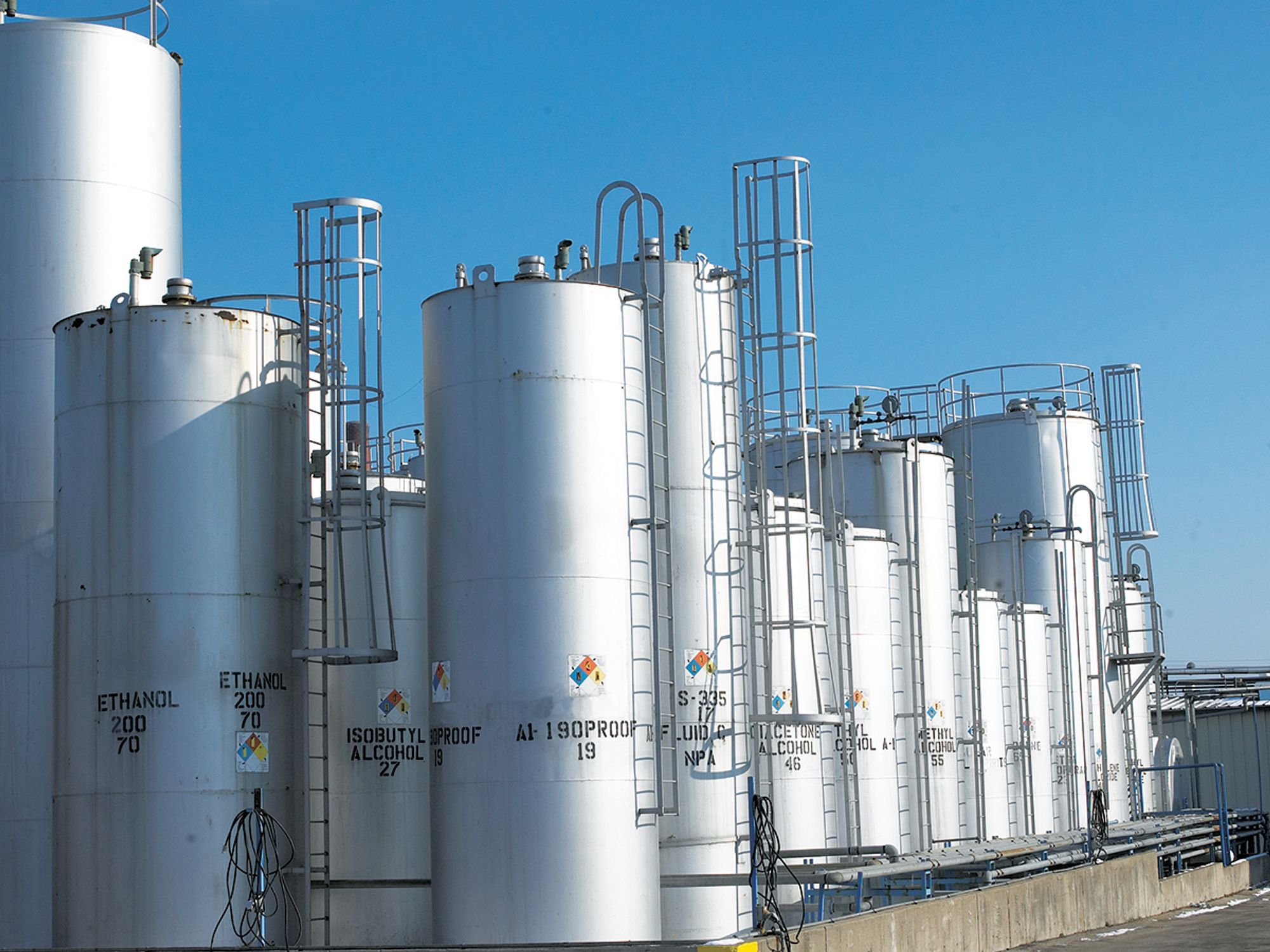The General Duty Clause

- In addition to specific RMP requirements, stationary sources are obligated to meet the Clean Air Act General Duty Clause.
- The General Duty Clause gives stationary sources responsibility for knowing hazards posed by chemicals and assessing impacts, safely preventing releases, and minimizing consequences if accidental releases occur.
Under the Clean Air Act 112(r)(1), the General Duty Clause states: “The owners and operators of stationary sources producing, processing, handling or storing such substances [i.e., a chemical in 40 Code of Federal Regulations (CFR) part 68 or any other extremely hazardous substance] have a general duty [in the same manner and to the same extent as the general duty clause in the Occupational Safety and Health Act (OSHA)] to identify hazards which may result from (such) releases using appropriate hazard assessment techniques, to design and maintain a safe facility taking such steps as are necessary to prevent releases, and to minimize the consequences of accidental releases which do occur.”
The General Duty Clause applies to any stationary source producing, processing, handling, or storing regulated substances or other extremely hazardous substances covered under the Risk Management Plan (RMP) rule. “Other extremely hazardous substances” are any chemicals listed in 40 CFR part 68, or any other chemicals which may be considered extremely hazardous.
Facilities subject to the General Duty Clause are, among other things, responsible for the following:
- Knowing the hazards posed by the chemicals and assessing the impacts of possible releases,
- Designing and maintaining a safe facility to prevent accidental releases, and
- Minimizing the consequences of accidental releases that do occur.
It is important to understand that the General Duty Clause is not a regulation and compliance cannot be checked against a regulation or submission of data. Generally, the business should:
- Adopt or follow any relevant industry codes, practices, or consensus standards (for the process or facility as a whole as well as for particular chemicals or pieces of equipment),
- Be aware of unique circumstances of the facility which may require a tailored accident prevention program, and
- Be aware of accidents and other incidents in the industry that indicates potential hazards.
